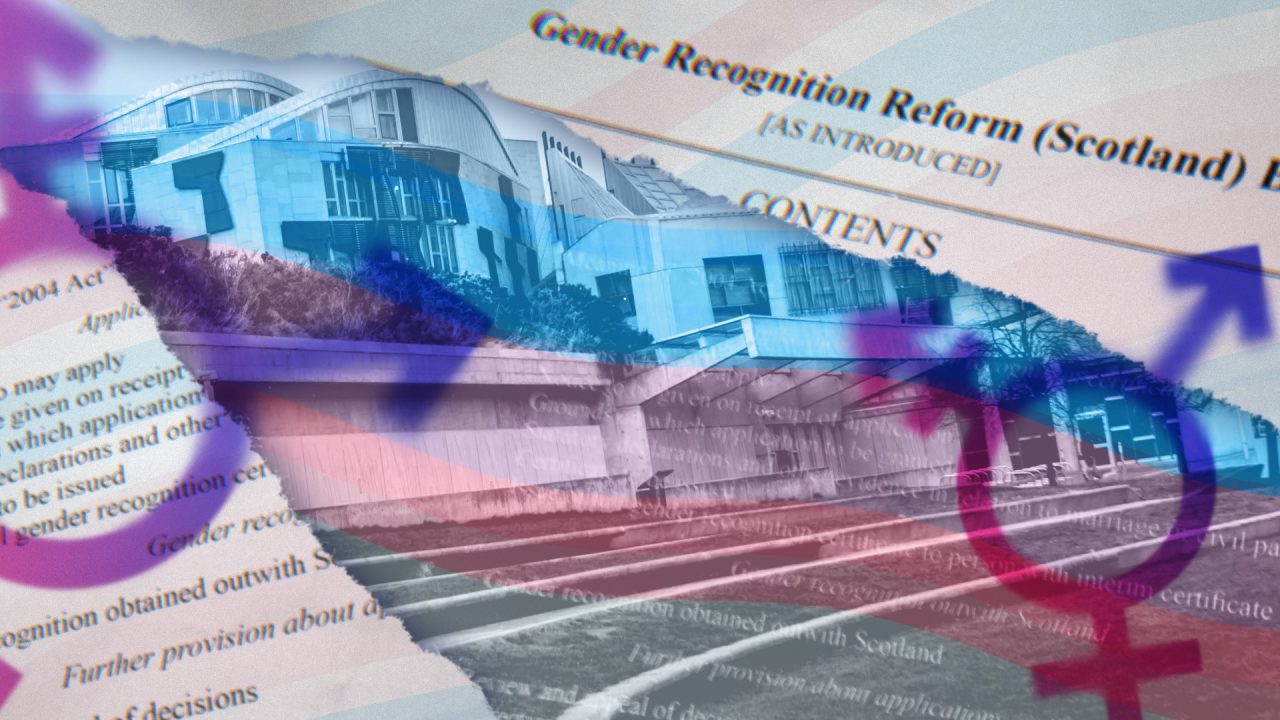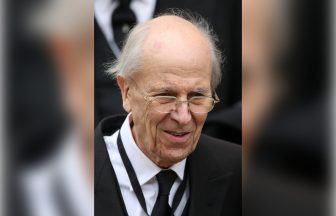A legal challenge brought by the Scottish Government over the blocking of gender reforms passed at Holyrood will be heard at the Court of Session in Edinburgh on Tuesday.
The hearing comes after the UK Government blocked the passage of the Gender Recognition Reform (Scotland) Bill, which was passed by MSPs in December 2022.
Scotland secretary Alister Jack used Section 35 powers to prevent the bill gaining royal assent, the first time such action had been taken since devolution.
Royal assent is when the king formally agrees to make a bill into law.
The Gender Recognition Reform (Scotland) Bill would lower the minimum age at which someone can apply for a gender recognition certificate (GRC), from 18 to 16.
Under the legislation, trans people would only need to declare they have been living as their acquired gender for three months (six months if aged 16 or 17), rather than the status quo of two years.
As it stands, the legislation would also allow people to self-identify and to obtain a GRC without having to first obtain a medical diagnosis of gender dysphoria.
Opposition to the bill was voiced from many campaign groups and MSPs, including some from within the governing SNP.
The Scottish Courts and Tribunal Service has confirmed a three-day hearing to consider the case will take place from September 19 to 21.
The full hearing will be heard by judge Lady Haldane, who ruled in 2022 that the definition of sex was “not limited to biological or birth sex”.
In what became know as “the Haldane decision”, she judged that in the context of the 2010 Equality Act, sex referred to a person’s sex recognised by law, and not simply their biological sex.
The Scottish Government will set out its argument first over the first day-and-a-half of the hearing, with the UK Government set to present its response up to day three.
First Minister Humza Yousaf has previously insisted that if the Scottish Government had failed to challenge the use of Section 35 this would send a “signal that the UK Government can veto any legislation they disagree with at a whim”.
The SNP leader added that legal action was the “only means of defending our Parliament’s democracy from the Westminster veto”.
However, Prime Minister Rishi Sunak said before that the UK Government had taken “very careful and considered advice” on the issue.
He added that UK ministers had concerns about “how Scotland’s gender recognition act would interact with reserved powers, about the operation of the Equalities Act” as well as over the “protection of women elsewhere in the UK”.
According to a 22-page petition published by the Scottish Government in April, officials have challenged the UK Government’s order on four counts that Jack made a “material error of law”, that his concerns about the safeguards in the bill were “irrelevant” to the order’s making and that his reasons were “inadequate”, which would make the order “unlawful”.
Scottish Government lawyers also described the Scottish secretary’s decision as “irrational” in the official documents.
However, legal arguments published by the Lord Stewart, Advocate General for Scotland, last month disputes the claim Jack acted “irrationally”, stating the Scottish Bill “modifies the law as it applies to the reserved matters”.
Follow STV News on WhatsApp
Scan the QR code on your mobile device for all the latest news from around the country
























